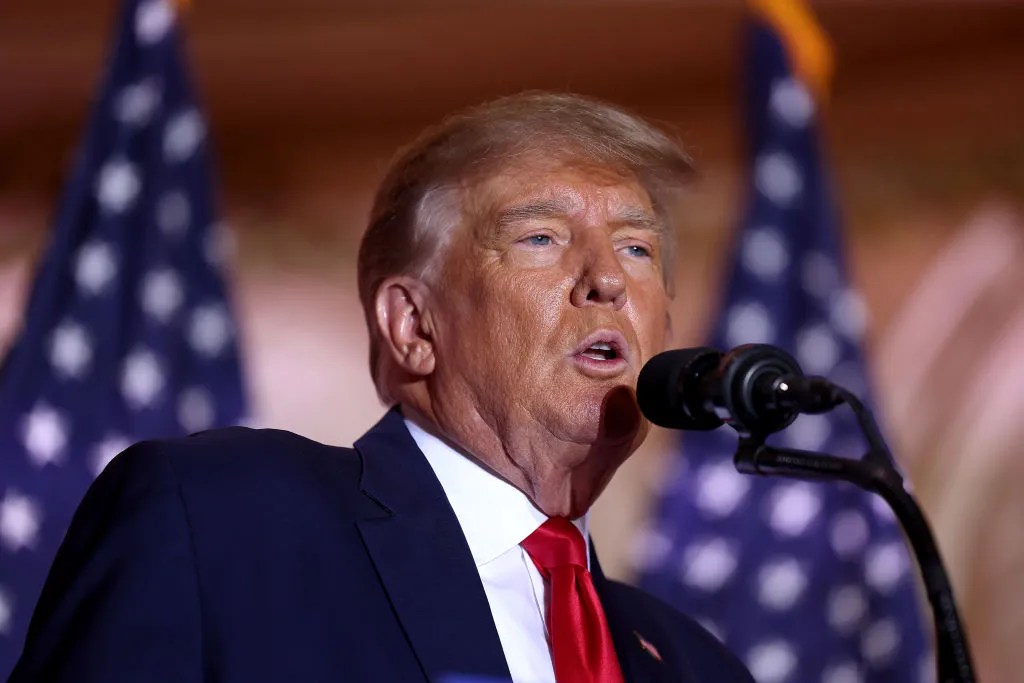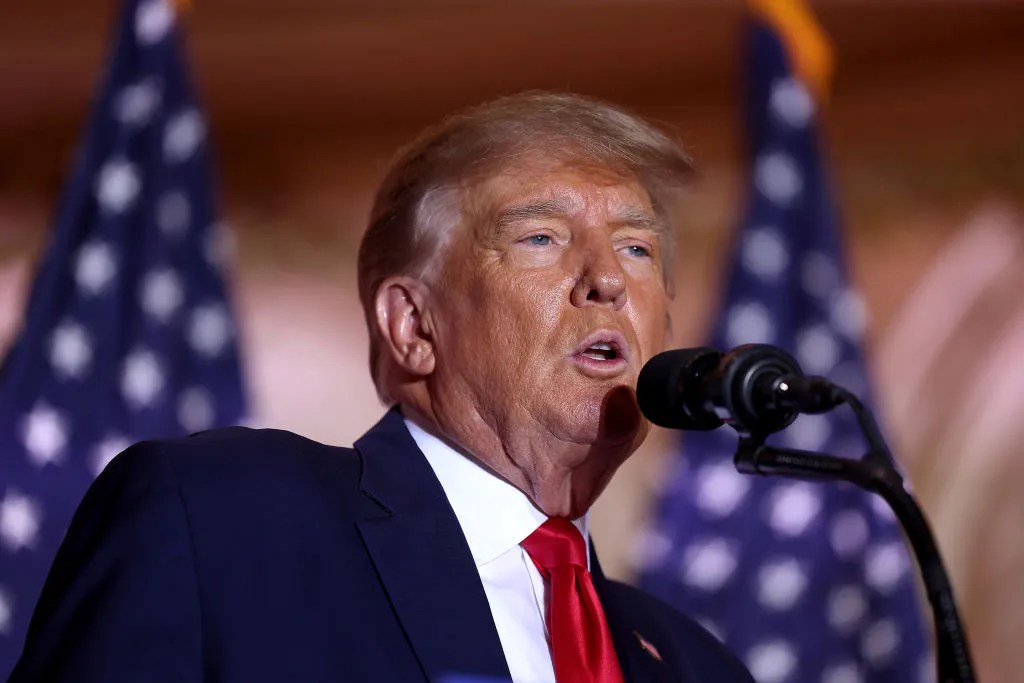Politics to set the tone for markets as election campaigns step up
Politics will compete with economic data for investors' focus this week, with events in the US and the Spring Budget likely to attract a lot of attention alongside the latest figures on the US labour market.


Politics will compete with economic data for investors’ focus this week, with election campaigns hotting up in both the US and the UK.
In the UK, the Spring Budget will dominate attention in an otherwise quiet week when it comes to economic data.
Despite a difficult fiscal position, Chancellor Jeremy Hunt is likely to announce another round of tax cuts on Wednesday, possibly funded by extra levies on vapes and holiday lets.
Hunt has already announced plans to improve the efficiency of public services, which he hopes will deliver around £1.8bn in savings.
“The market focus on the Spring Budget will ultimately come down to three things,” Sanjay Raja, UK economist at Deutsche Bank said.
“First, how much fiscal loosening, including the size of the 2024/25 gilt remit. Second, how sustainable are the Chancellor’s medium-term fiscal plans. And third, how much fiscal headroom left for another fiscal event later this year.”
Politics will also take centre stage in the US. President Joe Biden will deliver his final State of the Union address on Thursday as he hopes to translate the strong performance of the US economy into electoral success.
A number of polls in key swing states show Biden trailing Donald Trump, who could be confirmed as the Republican presidential candidate on Tuesday.
15 states will give their verdict and the results could put Nikki Haley’s flagging challenge to Trump to an end. Sandra Horsfield, UK economist at Investec, said a re-match between Trump and Biden looks “virtually certain”.
In terms of economic data, markets will get February’s employment report with the US labour market expected to add 250,000 jobs.
January’s figures showed a bumper increase of 353,000, pointing to the resilience of the US economy in the face of the Fed’s aggressive monetary tightening.
However, analysts at Capital Economics cautioned that the figures were giving a misleading impression of the strength of the jobs market.
Despite January’s strong showing, Andrew Hunter, deputy chief US economist at Capital Economics, said “there is little sign in other indicators that this marks a genuine resurgence in labour demand.”


